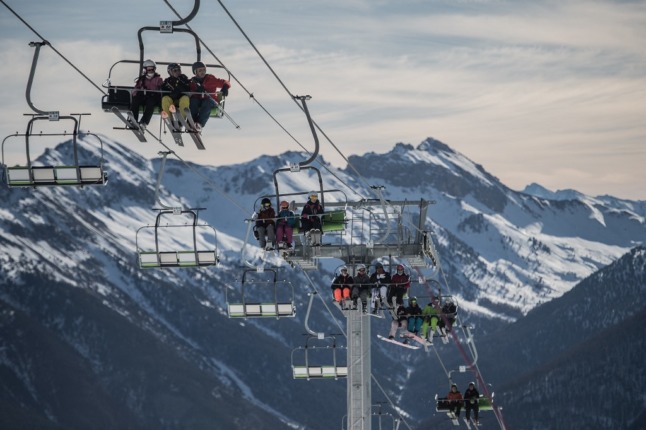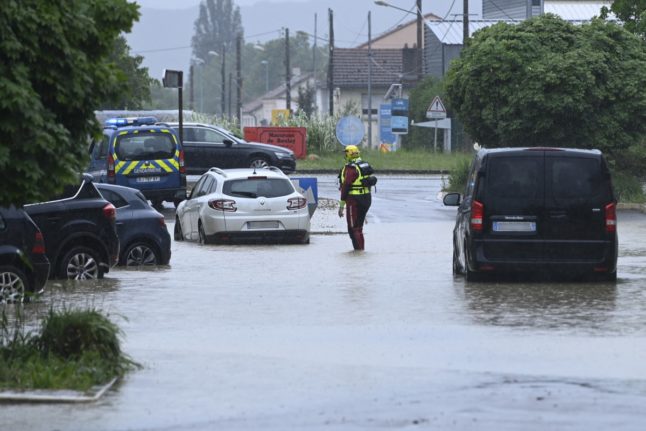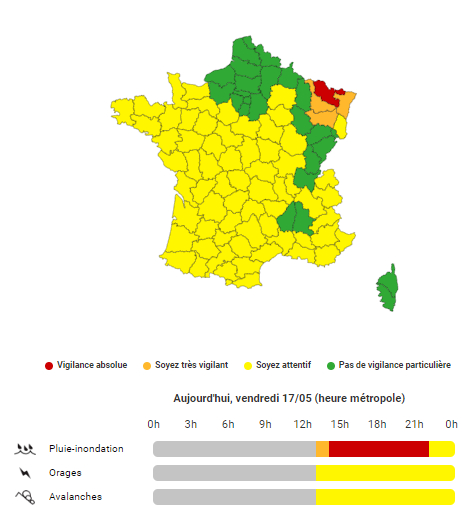Travel
If you’re coming from outside France, you first need to know if the border is open to you.
France operates a traffic light system of travel.
If you are coming from a green country you can travel for any reason. Fully vaccinated people need only proof of vaccination at the border, while unvaccinated people also need a negative Covid test. Green countries include all EU and Schengen zone countries and New Zealand.
If you’re coming from an orange or red country, you can only travel for a ski holiday (which is classed as non-essential for travel purposes, no matter how much you have missed whizzing down the slopes) if you are vaccinated. This covers the UK, Canada, Australia and the USA. Negative Covid tests are no longer required for fully-vaccinated travellers.
Find the full explanation on travel rules here.
Resort rules
Masks – the government has decreed that masks are no longer compulsory in the queues for ski lifts, on the lifts themselves or during your descent down the slopes.
Some local authorities may have their own rules in place, so it is worth enquiring with your resort.
Queuing
Resorts will likely make more space available for queuing to try to maintain social distancing measures between those waiting in line.
Vaccine pass – the vaccine pass is required to access ski lifts, as well as many other venues.
Ski resort chiefs say that in general, people will be asked to show the pass at the moment they buy the ski pass for the resort. Random checks will also be carried out at lifts and cable cars.
Children
If your children are aged between 12 years and two months and 15 years, then they will need a health pass to access venues like bars, cafés and ski lifts.
Slightly different to the vaccine pass, the health pass requires one of three things; proof of full Covid vaccination, proof of recent recovery from Covid or a negative Covid test taken within the previous 24 hours.
‘Full vaccination’ here means two doses of either Pfizer, AstraZeneca or Moderna or a single dose of Johnson & Johnson. A single dose of Pfizer, Moderna or AstraZeneca is not accepted as full vaccination and kids who have only had one dose will have to follow the rules for unvaccinated people. The child must be at least seven days after their second dose.
If the child is not fully vaccinated by French standards, they face taking a Covid test every 24 hours in order to maintain the pass – at a cost of up to €22 a time for antigen tests – or avoiding using ski lifts while on holiday.
Children aged 16 to 18 require a vaccine pass, with no option for testing for those who are not fully vaccinated.
Under 12s do not require any type of pass.
Full details HERE for children.
National rules
Ski resorts are of course also covered by the nationwide French health rules, as well as those specific to skiing.
Masks – masks are required in all indoor public spaces and on all public transport until February 28th, after which they will no longer be required in vaccine pass venues (bars, cafés etc) but will still be compulsory on public transport and in shops. There are no exemptions to the mask rules in France and failure to wear one correctly can net you a €135 fine.
Bars and restaurants – Unlike last winter bars and restaurants are open in France and there are no capacity limits placed on them. Nightclubs reopened on February 16th and bars are also now permitted to offer standing space, as opposed to table service only. Dancing in bars is again allowed.
Vaccine pass – the vaccine pass is required to enter a wide range of venues including cafés, bars, restaurants, leisure centres and long-distance train travel – full details here.
Visitors from the UK and EU can use the QR code on their vaccination certificate to access the health pass via the TousAntiCovid app, but other non-EU visitors need to acquire a European code – find out how here.
Booster shots
Depending on when you had your vaccine, you may also need a booster in order to be considered ‘fully vaccinated’ – full details here.
Other restrictions – ski businesses have been very hard hit by first the early end of the 2019/20 season and then the cancellation of most of the 2020/21 season, so are desperate to remain open throughout this season.
Some have therefore imposed their own extra restrictions in the hope of keeping case numbers down, from limitations on group size to extra cleaning protocols, so make sure you check in advance the conditions of stay in accommodation.






 Please whitelist us to continue reading.
Please whitelist us to continue reading.
I am in a French ski resort at the moment and the use and enforcement of use of masks and the checking of health passes has been very erratic. We are based a Orelle in the Maurienne Valley and whilst we mainly ski the Trois Vallees we have away days at other resorts. The staff at the gondola have checked our passes each day (a good mixture of various forms, including the NHS travel one) and about half the restaurants have done so. Mask usage is spasmodic. However, nobody checked anything in Valmorel and Val Cenis only spot checked at some of the base stations, catching out a number of people who had got into the system without showing a pass (the gendames were being threatened when two ladies were saying they must be allowed on because their car was at the other end of the resort).
Just back from 12 days in the Alps (resort name withheld on purpose). One check on lift in 10 days of skiing and probably only 40% of restaurants! 13 year old grandson from the UK ever refused entry anywhere and we didn’t do 24 hour tests! It’s all very laid back to say the least. The resorts need the revenue, not the hassle!